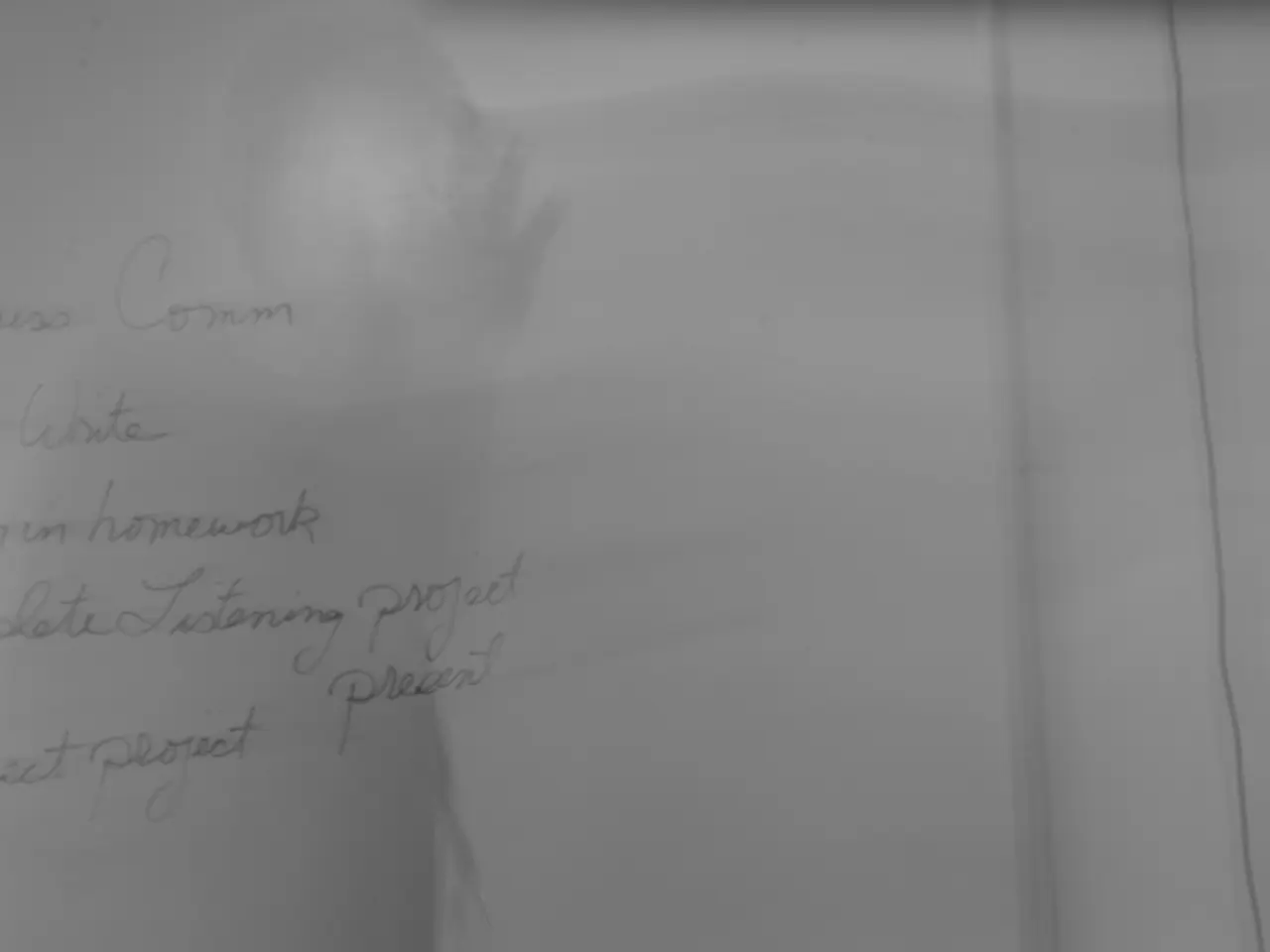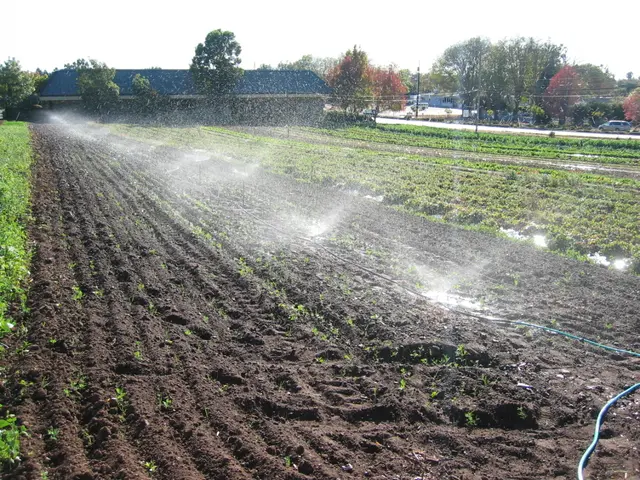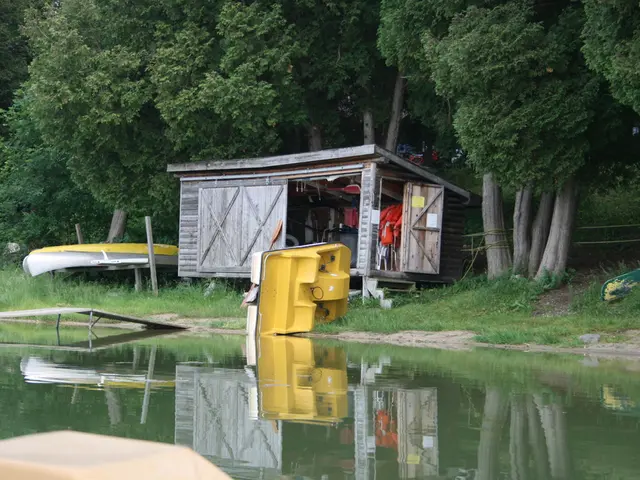Tougher penalties to be imposed on Moscow, as per Brussels' declaration
The European Union (EU) has announced a series of new measures aimed at increasing economic pressure on Russia, as part of a broader strategy to weaken its capacity to maintain its war effort and advance Europe's energy security goals.
European Commission President Ursula von der Leyen has proposed to bring forward the prohibition of Russian liquefied natural gas (LNG) imports to January 1, 2027. This move is expected to significantly reduce Moscow's income and further isolate Russia from the global energy market.
In addition, the EU aims to tighten the enforcement of sanctions to ensure they retain their bite. This includes expanding the blacklist of vessels associated with the 'shadow fleet' used by Moscow, with plans to add more than 100 additional ships to the list, totaling 560 ships involved in illegal transport of Russian oil and oil products.
The new sanctions package also imposes a full transaction ban on major energy trading companies Rosneft and Gazpromneft, as well as asset freezes on other companies including refineries, oil traders, and petrochemical companies in third countries like China, accused of violating sanctions by purchasing oil.
Von der Leyen has emphasized that Russia's war economy is overheating, and the new sanctions are designed to accelerate the strain on Moscow's war economy by choking off energy revenues. The EU has already slashed pipeline gas deliveries from Russia, but liquefied shipments have continued to arrive at several European ports.
The EU's latest proposals also aim to strengthen its sanctions regime against Russia. This includes measures against companies and shipping operators that have facilitated the re-export of Russian oil and gas, and a renewed commitment to providing financial and military assistance to Ukraine.
Recent economic indicators suggest that Russia is already experiencing mounting difficulties. Inflation in Russia has climbed sharply, and the central bank has raised interest rates to around 17% to stabilize the currency and contain rising prices. Russia's access to international capital markets remains limited.
Von der Leyen declared that the time has come for Europe to 'turn off the tap' and show that it can sustain economic pressure for as long as necessary. She praised governments for their continued support to Ukraine and urged member states to maintain unity in enforcing sanctions.
Brussels reaffirms its commitment to providing financial and military assistance to Ukraine, as the conflict continues to escalate. The EU's actions are part of a broader international effort to hold Russia accountable for its actions and to support Ukraine in its struggle for sovereignty and territorial integrity.








